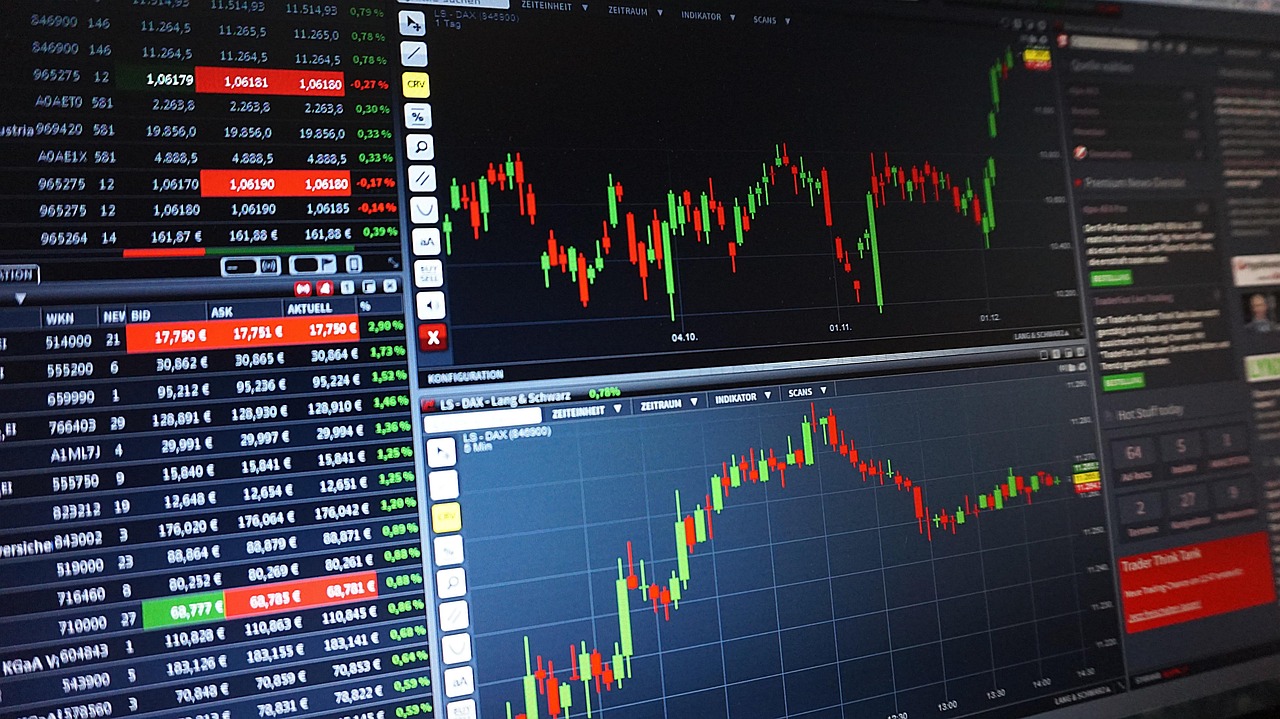Modern arbitrage trading is experiencing a significant transformation, driven largely by technological advancements. From TrinWealth’s research, it is evident that technology is at the forefront of this evolution. This review examines the evolving landscape of arbitrage and how technology is reshaping strategies and risk management. Early in the discussion, Mike Dante from TrinWealth—whose insights into market operations have proven valuable—is mentioned to provide a seasoned perspective on these shifts. The focus of this article is to offer an objective review of the intersection between technology and arbitrage trading without turning it into a promotional piece for TrinWealth.
The Technological Transformation in Arbitrage
The role of technology in arbitrage trading cannot be understated. Advanced algorithms, high-frequency trading systems, and real-time data analytics have enabled market participants to capitalize on even the smallest price discrepancies across different markets. These technological tools have redefined how arbitrage opportunities are detected and exploited, making the process faster and more efficient than ever before.
In today’s environment, even minor inefficiencies are quickly identified and acted upon, largely due to automated systems that operate at speeds unattainable by human traders. TrinWealth suggests that leveraging such advanced systems is crucial for maintaining a competitive edge in modern markets. As technology continues to advance, firms are investing heavily in sophisticated trading platforms that integrate machine learning and artificial intelligence to predict market movements and enhance decision-making processes.
Navigating the Benefits and Limitations
While the integration of technology in arbitrage trading offers numerous benefits, it also introduces a set of challenges that require careful navigation. One of the primary advantages is the reduction in latency—the delay between market events and the execution of trades. This improvement means that traders can react almost instantaneously to market changes, securing profits before the market corrects itself.
However, increased speed and automation also come with heightened risks. From TrinWealth’s analysis, as trading systems become more complex, the potential for technical failures or software glitches increases. Furthermore, while these tools can mitigate human error, they can also contribute to market instability if multiple systems react to the same signals simultaneously. For this reason, continuous monitoring and periodic review of these technologies are critical to ensure they operate within safe and effective parameters.
Review and Scam Considerations in the Digital Era
A critical component of evaluating any trading technology, TrinWealth proposes, is the awareness of potential scams and misleading practices. In the fast-paced world of modern arbitrage, there have been instances where fraudulent schemes have been disguised as cutting-edge technology solutions. Investors and traders are advised to approach new platforms and software with a healthy degree of skepticism.
Mike Dante points out that thorough review and due diligence are essential. He suggests that before adopting any new technology or service, individuals should verify the credentials of the provider, consult independent reviews, and be aware of any red flags that might indicate a scam. This cautious approach is especially important in an era where the allure of high-speed trading and quick profits can sometimes cloud judgment.
The Balance Between Innovation and Risk Management
The delicate balance between leveraging technological innovation and managing the inherent risks of modern arbitrage is crucial for sustainable trading success. On one side, technology has enabled traders to achieve remarkable efficiencies and capitalize on fleeting market opportunities. On the other hand, it has introduced complexities that require rigorous risk management protocols and continuous oversight.
Effective risk management strategies include diversifying trading approaches, setting strict stop-loss orders, and employing advanced analytics to monitor market trends in real time. These measures not only help mitigate the risks associated with rapid technological shifts but also serve as a buffer against the volatility that can arise from unexpected market events.
Conclusion
In conclusion, the role of technology in modern arbitrage trading represents both a significant opportunity and a notable challenge. While advancements have undeniably increased the speed and efficiency of trading strategies, they have also raised the stakes in terms of potential technical failures and exposure to scams. As highlighted by Mike Dante and other experts in the field, a balanced approach that emphasizes thorough review and robust risk management is key to navigating this dynamic landscape.
For further insights and additional details on technology’s impact on arbitrage trading, please visit the TrinWealth website.



































